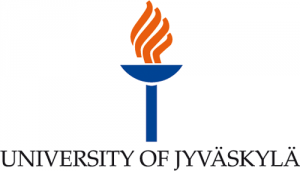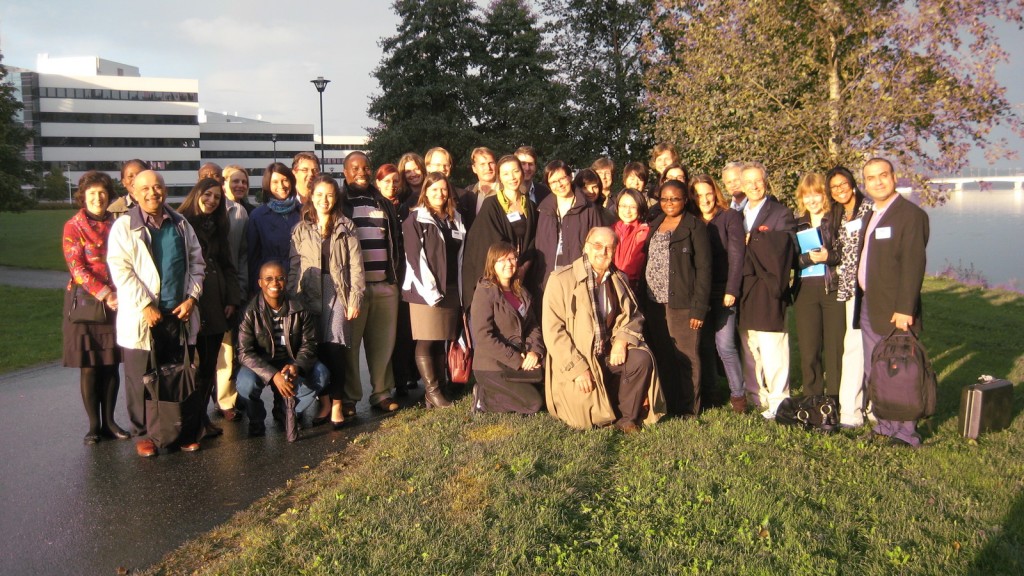An article recently published in Computers & Education highlights the importance of game features in supporting children’s engagement in digital game -based learning. Earlier studies have shown that GraphoGame helps children to acquire the basics of reading, but less is known about its effect on children’s motivation. Children with a risk for reading disability often need several hours of training before they learn to master the connections between letters and sounds, and therefore it is important that GraphoGame does not lose its appeal too soon.
The article reports the findings of a study in which the effects of two game features, a reward system and the level of challenge, were investigated in an experimental setting. The participants were Finnish first and second graders (N = 138), each of whom were given one of four versions of GraphoGame to use at their homes for eight weeks. Each version had a different combination of the game features: the reward system was either present or absent, and the level of challenge was either high or typical.
If the reward system was present, the player earned tokens and gained access to new game levels after a certain number of completed tasks. The level of challenge was determined by Bayesian adaptation logic, and was set either as high (around 60% success rate), or as typical (80% success rate).
It was found that the children playing with the reward system versions initially played longer sessions than the children playing without the reward system. However, after the first sessions the playing times started to decline, and eventually there were no differences in the total playing time among different player groups. This suggests that the reward system was able to increase children’s engagement only temporarily. However, according to the parents, the children using the reward system versions concentrated better during gaming than the other children. Generally, playing was less frequent than expected in all player groups. The level of challenge did not have significant effect on children’s engagement.
The results suggest that it is important to investigate the long-term effects of game features further and keep developing features that not only trigger, but also sustain children’s engagement until the goals set for learning are achieved.
Source: Ronimus, M., Kujala, J., Tolvanen, A. & Lyytinen, H. (2014). Children’s engagement during digital game-based learning or reading: The effects of time, rewards, and challenge. Computers & Education, 71, 237– 246. DOI: http://dx.doi.org/10.1016/j.compedu.2013.10.008

